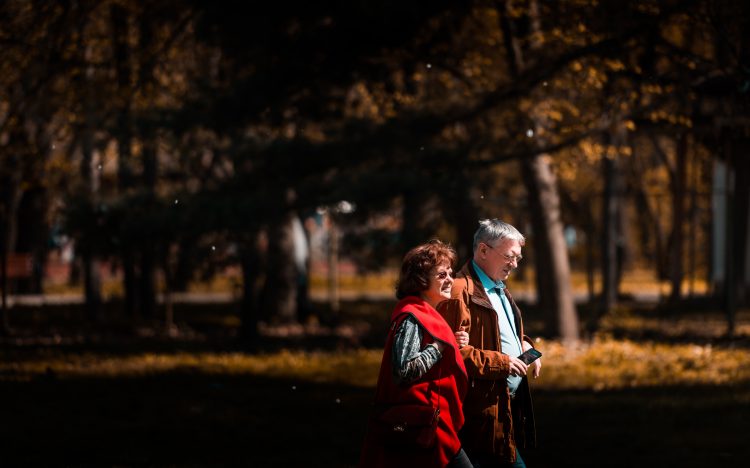
Cut-backs in care affects women as care-receivers and care-givers
There have been substantial reductions in the provision of care for older adults, with effects for both older adults and their families. Lena Dahlberg sums up the consequences of diminishing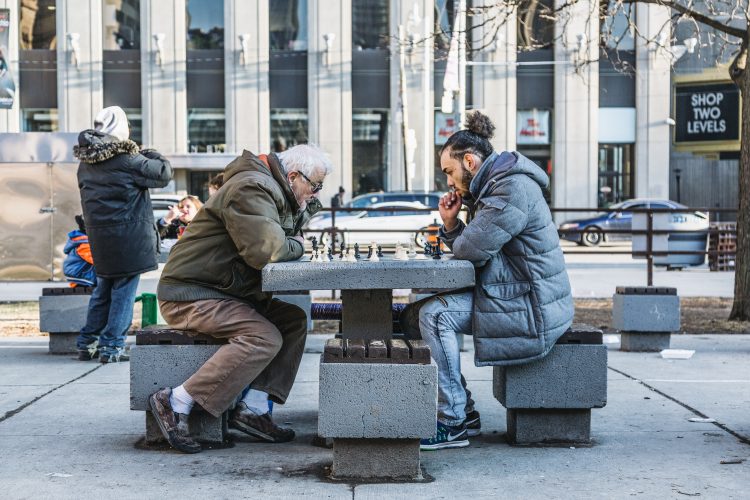
Building age-friendly cities and communities: to enable generations to live together?
The impact of population ageing on the economy and health care is much discussed. But where older people live is important as well. Dr. Tine Buffel discusses how can cities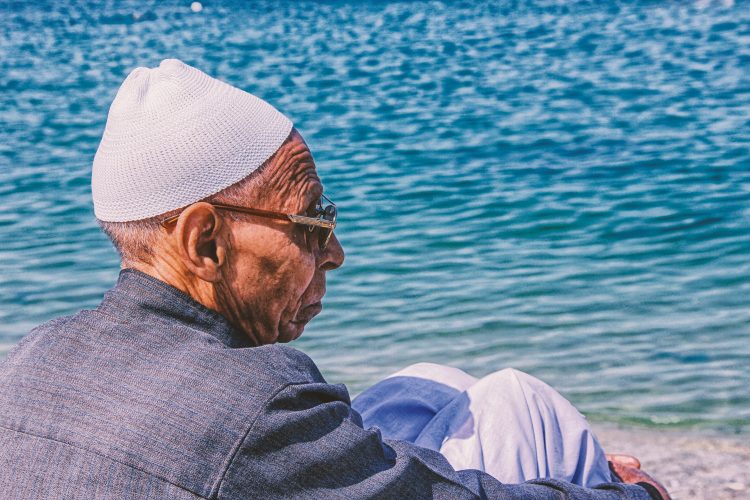
Housing and care needs for older migrants in the Netherlands
Older migrants, just like Dutch elderly people, prefer to live on their own for as long as possible, preferably in their current house, which they are familiar with and where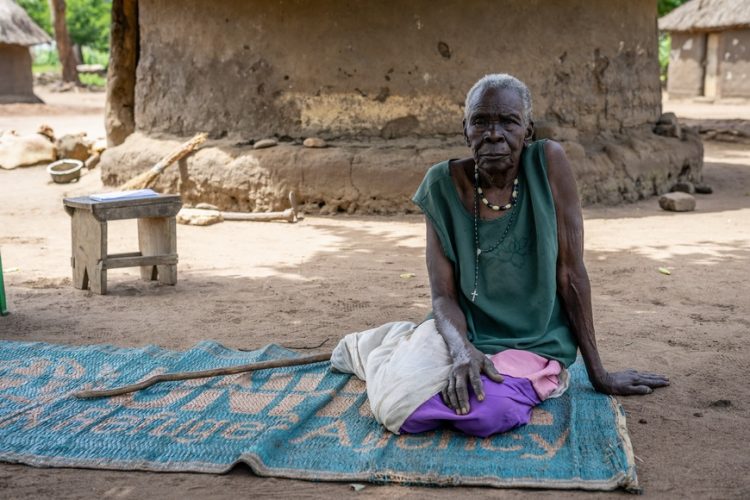
When older people flee their homes from danger, ageism is a barrier to accessing help
Based on evidence from Helpage International, older people are more at risk during forced displacement “We are not given any respect, support and space in decision-making processes. In a recent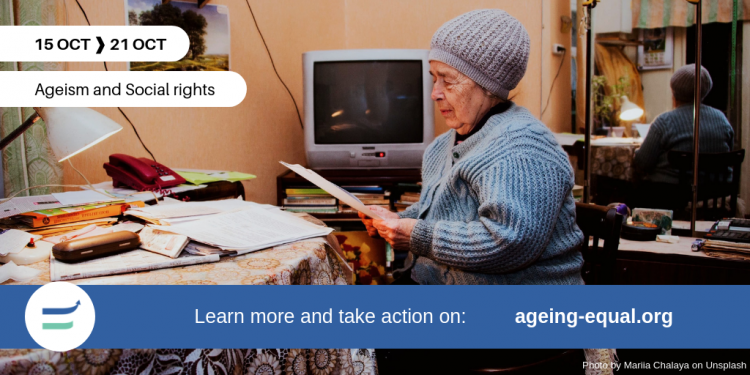
‘How can we support ourselves if we’re denied our social rights?’: the 3rd week of the #AgeingEqual campaign in a nutshell
Our third #AgeingEqual campaigning week raised the issue of ageism as a barrier to the enjoyment of social rights by older people. On 17th October, International Day for the Eradication of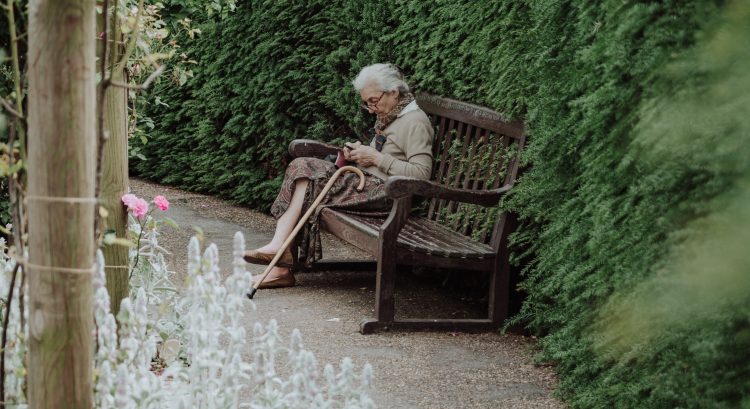
An ageist society is a society unable to ensure dignity to those in need of care – and we may all suffer from it!
We all are likely to need care at some point in our lives. We might have an accident and live with a disability as a consequence. We may become frailHow is ageism linked to inappropriate medication use in older patients?
Jovana Brkic and Daniela Fialova explain that ageism affects the way medicines are prescribed and managed, often leading to negative effects for older patients As people get older they have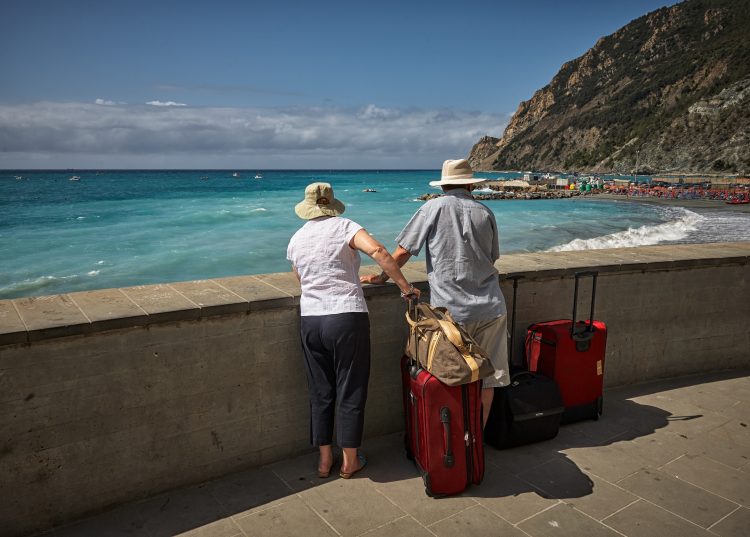
Improving working conditions in care is critical to the human rights of older people
Mark Bergfeld, European Director of UNICARE, tells us about the two inter-connected challenges brought to us by Europe’s ageing demographics. On the one hand, there is an ever-growing section of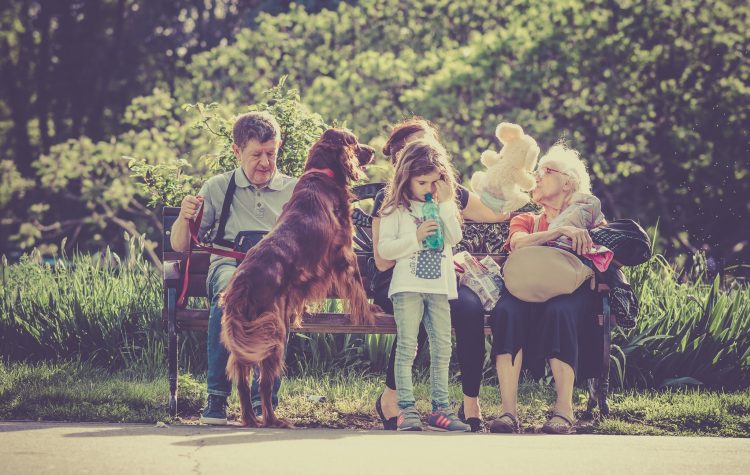
The importance of social support in attenuating social inequalities in quality of life of older people
Ana Henriques, from the Institute of Public Health, University of Porto and member of the ROSE network – Reducing Old-age Exclusion in Europe, shares evidence of the importance of social support